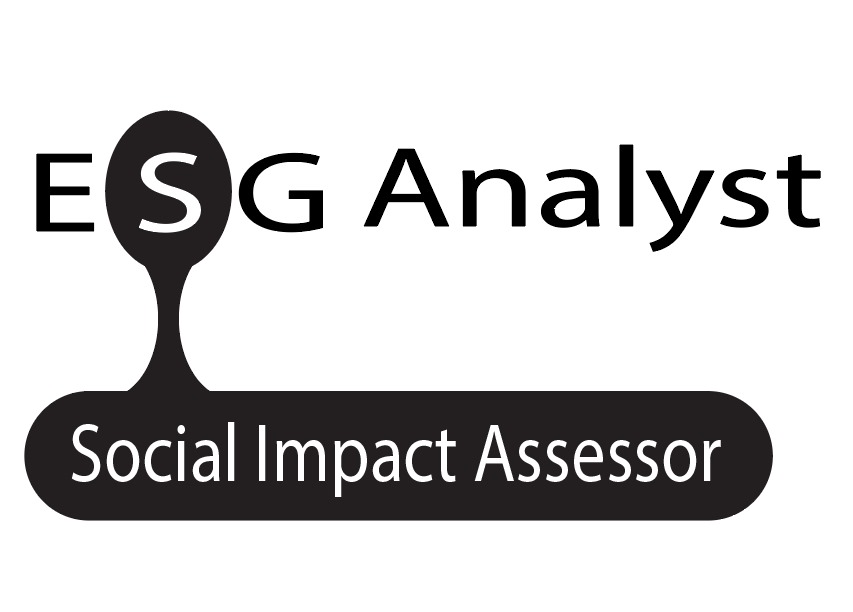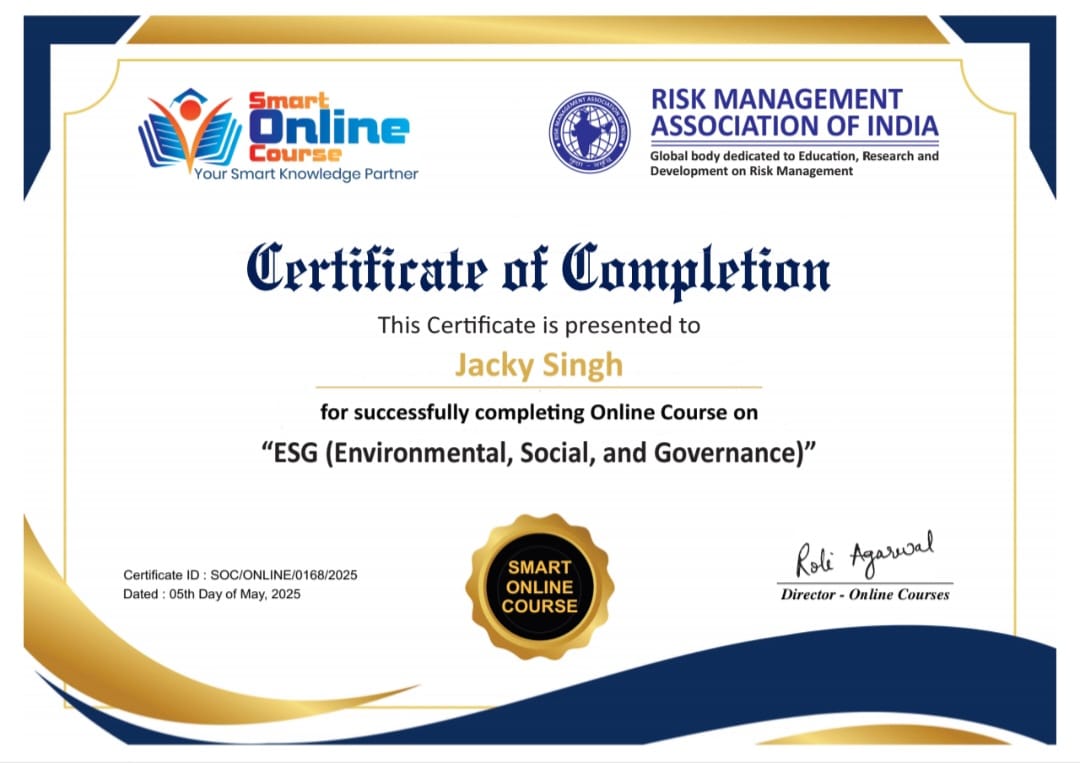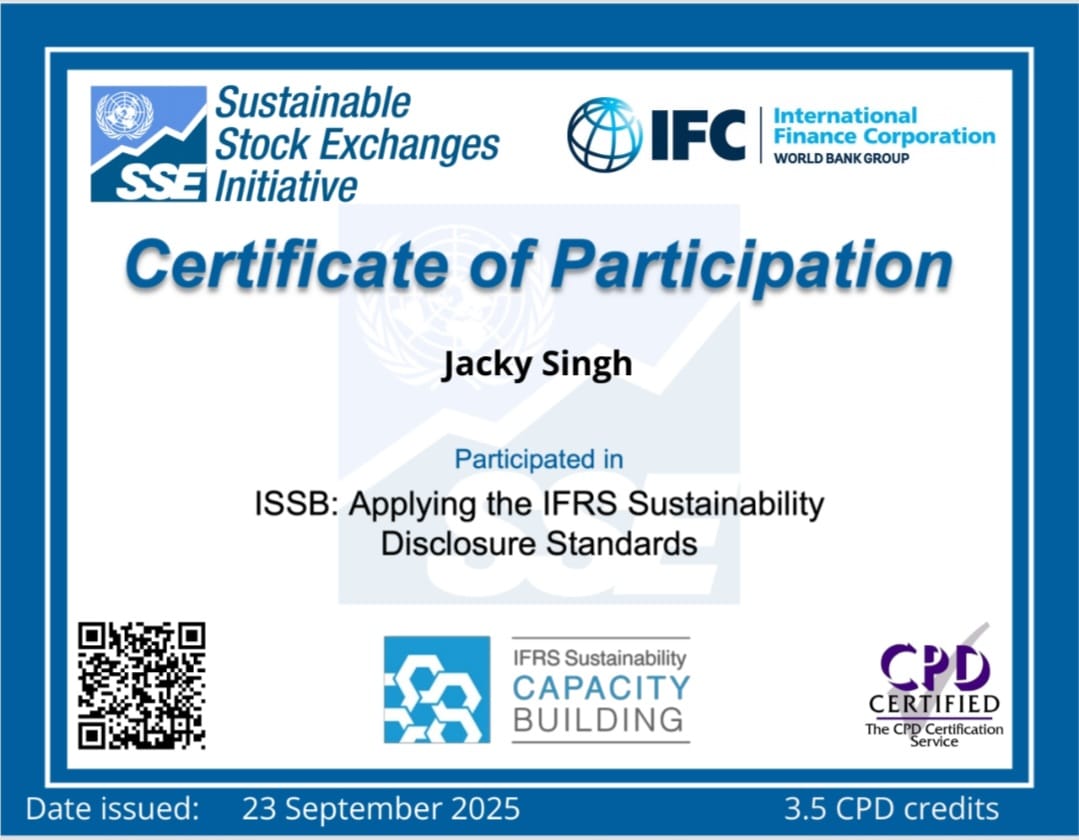
ESG (Environmental, Social, Governance) is essential for businesses and organizations to demonstrate their commitment to sustainability and social responsibility.
B-CLEAR in ESG Perspective
B-Understand the Business
C-Use Commonsense
L-Strongly master the logic
E-Accord importance to Economics
A-Be through in Arithmetic
R-Ensure Compliance with Regulations
ENVIRONMENTAL – Environmental Criteria addresses a company operation environmental impact and environmental stewardship.
- Describe the material relevance of core environmental issues.
- Determine how each environmental issue can pose potential risks and opportunities.
- Compare and contrast the relevance of environmental issues to different industries and stakeholder.
- Compare and contrast the relevance of environmental issues to different industries and stakeholder.
- Analyze how a company’s environmental management impacts its financial performance.
SOCIAL – Social criteria refers to how a company manages relationship with and create value for stakeholders.
- Identify & Describe the material relevance of core social issue.
- Determine how each individual social issue can pose potential risk & opportunities.
- Compare and contrast the relevance of social issues to different industries and stakeholders.
- Analyze how a company’s management of social issue impacts its financial performance.
- Recommend how to prioritize engagement of social issues.
GOVERNANCE – Governance criteria refers to a company leadership & management philosophy, practice, policies, internal control and stakeholder right.
- Identify and describe a range of governance issues.
- Determine how governance issues pose risks and opportunities ta a business.
- Compare and contrast the relevance of governance issues to different industries and stakeholders.
- Analyze how a company’s management of governance issues impacts its financial performance.
- Recommend how to prioritize engagement of governance issues.
SOCIAL IMPACT ASSESSOR
Social Impact Assessor is a professional who evaluates the potential social effects of an organization’s operations, projects or policies.
Social Impact Assessors assess the positive and negative social impacts on Stakeholders, including Communities, Employees, Customers, Suppliers & Environment.
- Identify & mitigate social risks.
- Capitalize on opportunities for positive social change.
- Enhance stakeholder engagement and reputation.
- Improve social performance and contribute to sustainable development.
ESG (Environmental Social Governance) is closely related to Social Impact Assessor for evaluate a company’s social performance, identify social risks that could impact a company reputation, operation, or financial performance and also offer suggestions for improving a company’s social performance and managing social risks.







